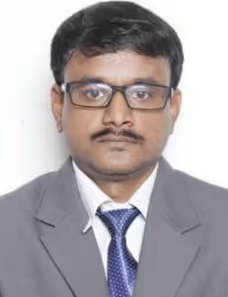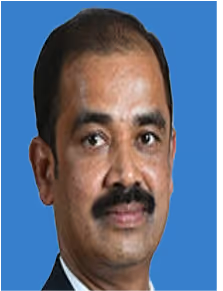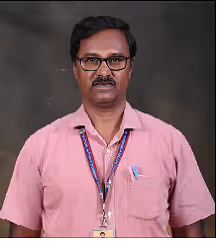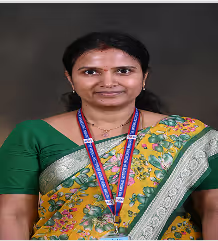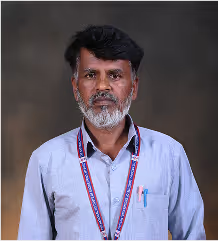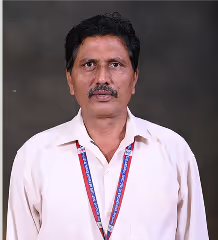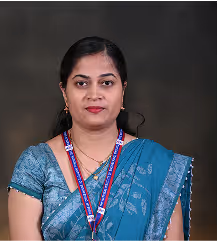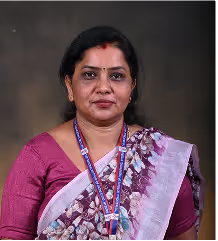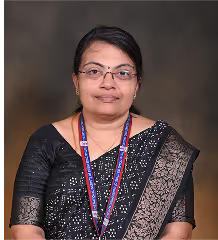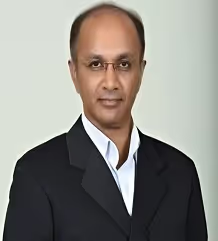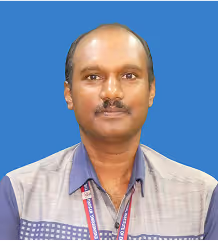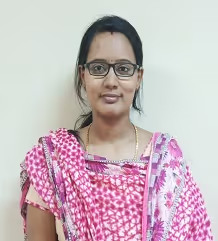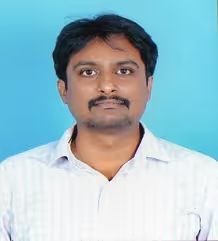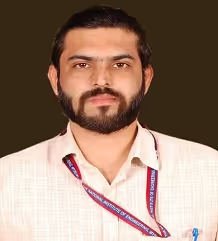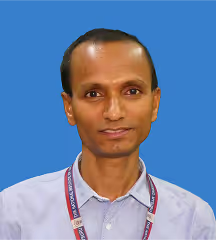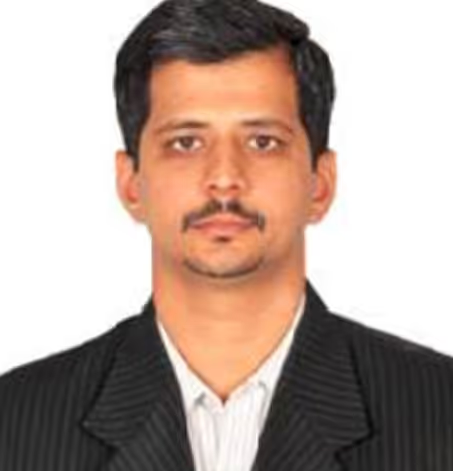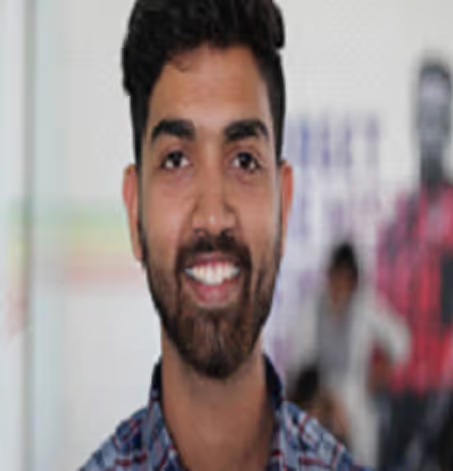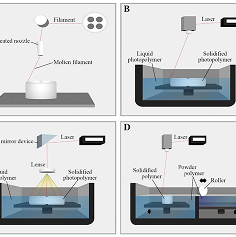Department of Mechanical Engineering
Established in 1958, the Department of Mechanical Engineering has a long-standing legacy of excellence in education, research, and industry collaboration. Over the decades, the department has achieved significant milestones, contributing to the growth and success of its faculty and students while driving innovation for societal benefit.

We have continuously strived to be at the forefront of eng. education. It prides itself in implementing contemporary technology in education through best-in-class people and modern teaching learning experiences. The infrastructure in the department is geared towards preparing our students to be ready for the modern industry.
Dr. Divakar H N
Head, Mechanical Engineering
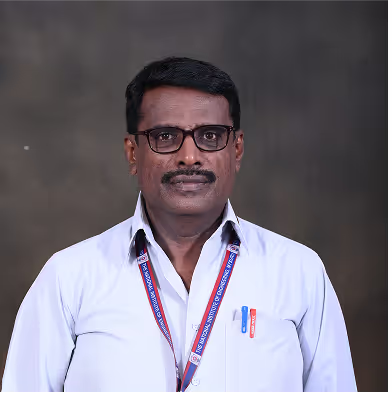
About The Department
Recognized as a ‘Research Centre’ by Visvesvaraya Technological University (VTU) and accredited as an NBA Tier-1 programme, the department is committed to academic excellence and industry relevance. It has established strong collaborations with prominent automation companies. The department places a strong emphasis on gender diversity, leading to unique internship and placement opportunities for female students with industry leaders like Mercedes Benz.
po’s
PO1:
Engineering knowledge: Apply the knowledge of mathematics, science, engineering fundamentals and an engineering specialization to the solution of complex engineering problems.
PO1:
Engineering knowledge: Apply the knowledge of mathematics, science, engineering fundamentals and an engineering specialization to the solution of complex engineering problems.
PO1:
Engineering knowledge: Apply the knowledge of mathematics, science, engineering fundamentals and an engineering specialization to the solution of complex engineering problems.
po’s
PO1:
Engineering knowledge: Apply the knowledge of mathematics, science, engineering fundamentals and an engineering specialization to the solution of complex engineering problems.
PO1:
Engineering knowledge: Apply the knowledge of mathematics, science, engineering fundamentals and an engineering specialization to the solution of complex engineering problems.
PO1:
Engineering knowledge: Apply the knowledge of mathematics, science, engineering fundamentals and an engineering specialization to the solution of complex engineering problems.
po’s
PO1:
Engineering knowledge: Apply the knowledge of mathematics, science, engineering fundamentals and an engineering specialization to the solution of complex engineering problems.
PO1:
Engineering knowledge: Apply the knowledge of mathematics, science, engineering fundamentals and an engineering specialization to the solution of complex engineering problems.
PO1:
Engineering knowledge: Apply the knowledge of mathematics, science, engineering fundamentals and an engineering specialization to the solution of complex engineering problems.
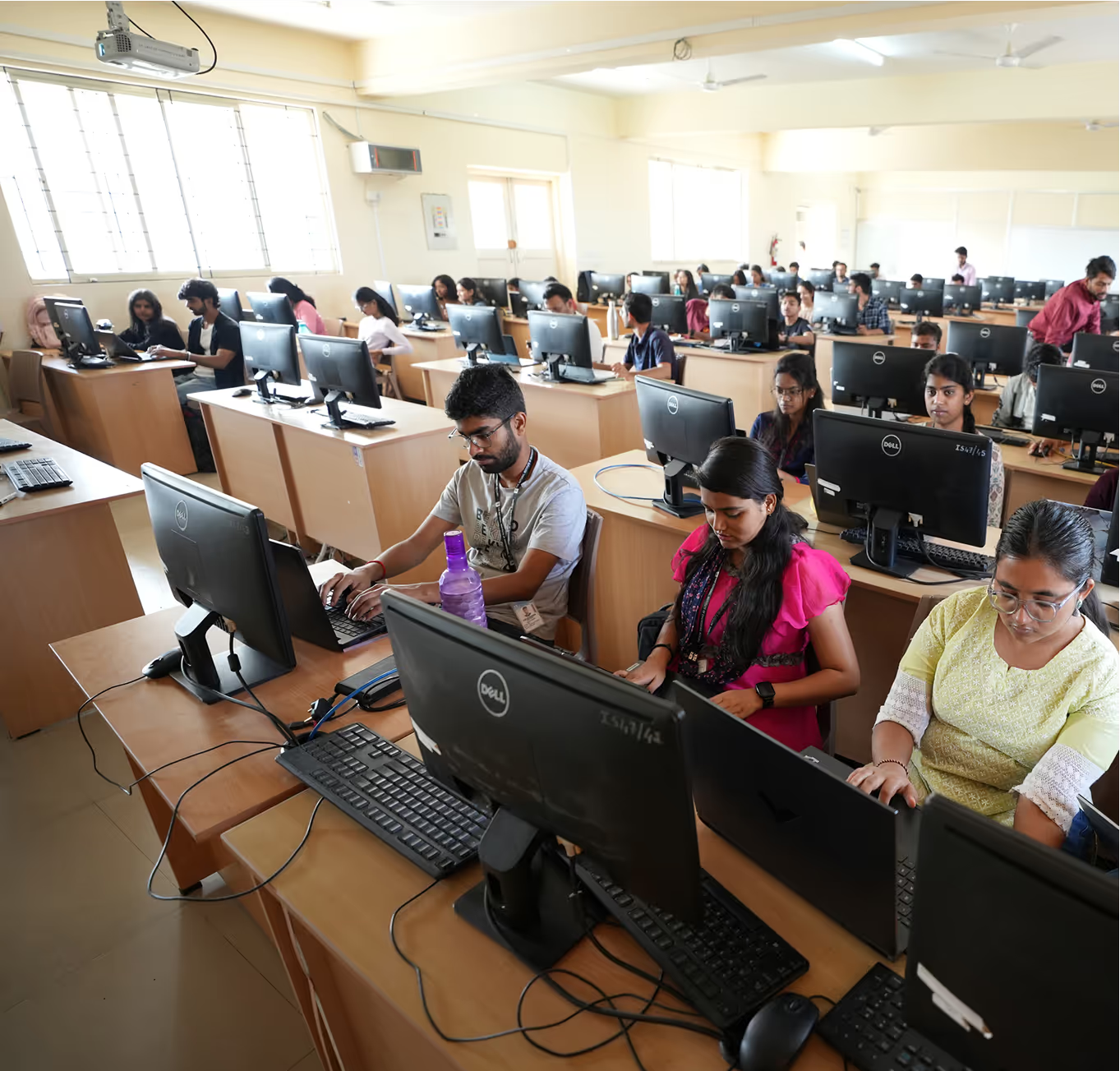
Vision
The Department of Mechanical Engineering will mould globally competent engineers by imparting value based technological education through contemporary infrastructure & best-in class people
Mission
The Department of Mechanical Engineering is committed to:
- Provide a strong foundation in mechanical engineering to make our engineers globally competitive.
- Inculcate creativity in developing solutions to mechanical engineering problems by adopting ethical and responsible engineering practices.
- Create centres of Excellence to provide students with opportunities to strengthen their leadership & entrepreneurial skills and research proficiency.
- Build relationships with globally acknowledged academic institutions and industries.
Our Programs
Undergraduate
Bachelor of Engineering (B.E.) in Mechanical Engineering
Post-graduate
Master of Technology (M.Tech) in Mechanical Engineering-Industrial Automation & Robotics, Machine Design
Post-graduate
Doctor of Philosophy (Ph.D.) in Mechanical Engineering

Our Faculty
The department faculty has some of the most accomplished Professors in the Institution. They not only guide the students through their academic challenges but also help them in their personal development.
Curriculum
Access syllabus and timetable for courses taught under the Undergraduate and Post-graduate programmes.
Course name
Course code
Download
Mechanical Department Course Materials
2025-26
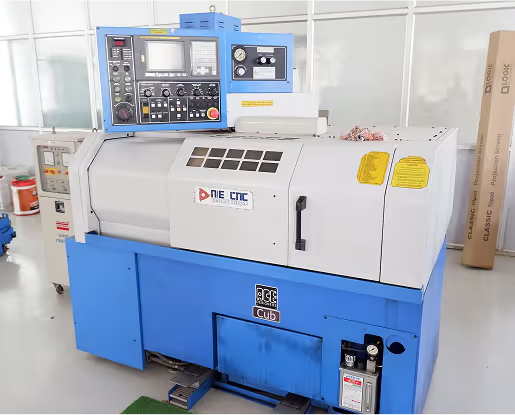
Facilities & Infrastructure
Latest technical equipment, well-designed workshop spaces and dozens of laboratories ─ the Department of Mechanical Engineering is equipped with excellent amenities to help students with all that it takes to learn, apply their knowledge and successfully complete projects.
Best Practices
The Department of Mechanical Engineering follows a set of structured and impactful best practices that contribute to the holistic development of students and strengthen industry-academia linkages. These practices reflect the department’s commitment to excellence, innovation, and societal relevance.
Industry-Oriented Skill Development
Regular training programs on current technologies related to mechanical engineering through student skill development programs. Courses offered in collaboration and consultation with industry leaders. Focus on bridging the gap between classroom learning and industrial application.
Integration of Industry 4.0 Concepts in Curriculum
Custom-designed IoT platform integrated into automation labs to simulate smart factory environments. Hands-on exposure to advanced manufacturing, cyber-physical systems, and digital twins.
Project-Based Learning
Students actively participate in real-world projects and turnkey solutions, such as: Rainwater harvesting system at Mysuru Palace and Bio-gasification plant for Mysuru Zoo. Projects driven by community and industry needs. Sponsored student’s projects from DST like Chanakya UG Project Fellowship by IIT Bombay
Focus on Diversity and Inclusion
Special initiatives and industry tie-ups providing internship and placement opportunities for women students, including with Mercedes Benz.
Research and Innovation Culture
Faculty with patents and high-impact publications guide students in research and product development. Students participate in national-level competitions like SAE BAJA, SUPRA, and Formula Bharat.
Entrepreneurship & Soft Skills Development
MoUs with National Entrepreneurship Network (NEN) and MSME Development Institute to promote startup culture and business skills. Training in communication, team management, and leadership as part of the academic experience.
Student-Led Technical Events
Flagship events such as: Robo-Rikishi (robot wrestling), cogNIEscience (national paper presentation) Automotive Technology Fairs.
Departmental Activities
Get a glimpse of all the latest conferences, project displays, lectures, seminars, and other programmes conducted by the Department
Title of Seminars/Conferences
Resource Person
Date
Annual Techno-Cultural Fest, Yantrika 2023
Ravikumar Beeranur & Team
27 Dec 2024
and
December 18, 2024
Crafting project proposals tailored for diverse funding agencies
Dr.K.R.Prakash
03 Feb 2024
and
“Project proposal writing for diverse funding agencies”
Dr.Imran Jamadar
13 Jan 2024
and
Yantrika 2024, an annual fest organized by the Mechanical Engineering Department
Mr. Ravikumar Beeranur
14 Nov 2024
and
November 16, 2024
Student Projects
Research & Development

Get in touch

Dr.Divakar HN
Professor and HOD
Department of Mechanical Engineering
The National Institute of Engineering



















